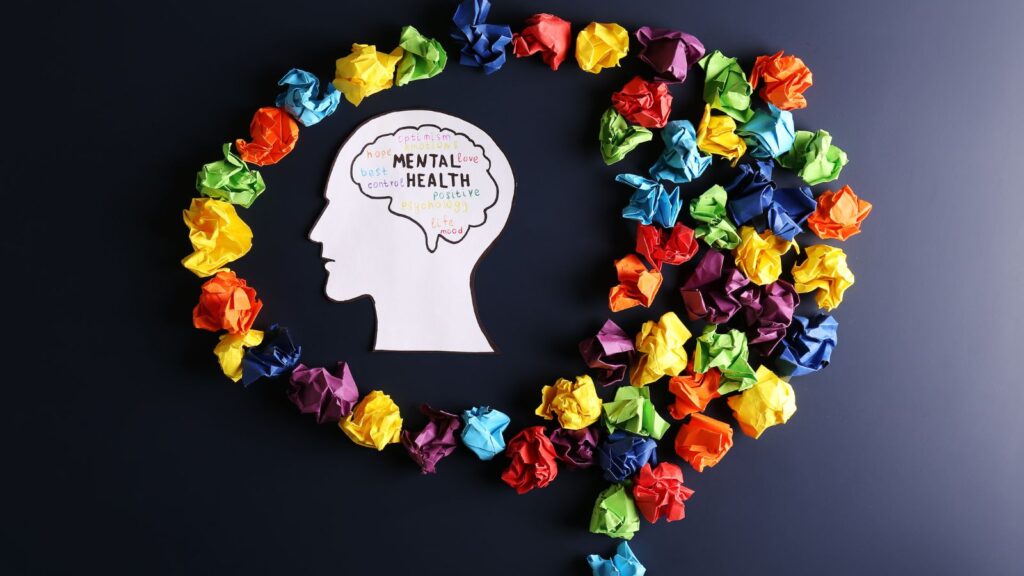Adolescence is a time of rapid change—physically, emotionally, and socially. While these years are filled with growth and discovery, they can also bring unique mental health challenges. Anxiety, depression, eating disorders, and substance use often emerge during this stage, yet many go unnoticed or untreated until they become more severe. Early intervention is critical, offering young people the support they need before struggles escalate into crises.
Why Early Intervention Matters
Preventing Long-Term Struggles
Mental health conditions often develop gradually. Early signs might look like mood swings, changes in sleep, withdrawal from friends, or declining academic performance. Addressing these issues early helps prevent them from becoming entrenched patterns that follow adolescents into adulthood.
Reducing Stigma
When mental health concerns are identified and treated early, it normalizes the conversation around seeking help. Adolescents learn that it’s okay to ask for support, reducing the stigma that often keeps people from treatment later in life.
Supporting Academic and Social Success
Mental health challenges can interfere with focus, motivation, and relationships. Early intervention provides tools to help teens manage emotions and stress, allowing them to thrive in school and maintain healthy social connections.
Warning Signs Parents and Educators Should Watch For
- Persistent sadness, irritability, or mood swings
- Sudden drop in grades or loss of interest in activities
- Withdrawal from friends or family
- Significant changes in eating or sleeping habits
- Risk-taking behaviors or substance use
- Expressions of hopelessness or self-harm thoughts
These signs may not always indicate a disorder, but they are signals that professional evaluation may be helpful.
How Early Intervention Works
Counseling and Therapy
Individual or group therapy provides a safe space for teens to talk about their feelings and learn coping strategies. Evidence-based approaches like Cognitive Behavioral Therapy (CBT) are especially effective.
Family Involvement
Family therapy can strengthen communication, build understanding, and create a supportive home environment.
School-Based Support
Partnerships between schools and mental health professionals ensure that students receive the support they need in an accessible setting.
Professional Programs
Specialized programs at mental health facilities in Lexington, KY, offer structured, evidence-based care tailored to adolescents. These facilities provide a continuum of support, from therapy to skill-building, ensuring that treatment fits the unique needs of each teen.

The Role of Community in Early Care
Communities that prioritize early intervention—through awareness campaigns, accessible counseling, and supportive peer groups—create safer environments for adolescents. Teachers, coaches, and mentors can also play key roles by recognizing early warning signs and guiding families toward resources.
Building a Healthier Future
Early intervention in adolescent mental health is more than just treatment—it’s prevention. By identifying challenges before they spiral, families and professionals can help young people develop resilience, confidence, and healthier coping strategies. This not only reduces the risk of long-term mental illness but also empowers adolescents to step into adulthood with stronger emotional foundations.
Every moment matters when it comes to mental health. With timely support, today’s adolescents can grow into tomorrow’s adults with the tools they need to lead fulfilling, balanced lives.
